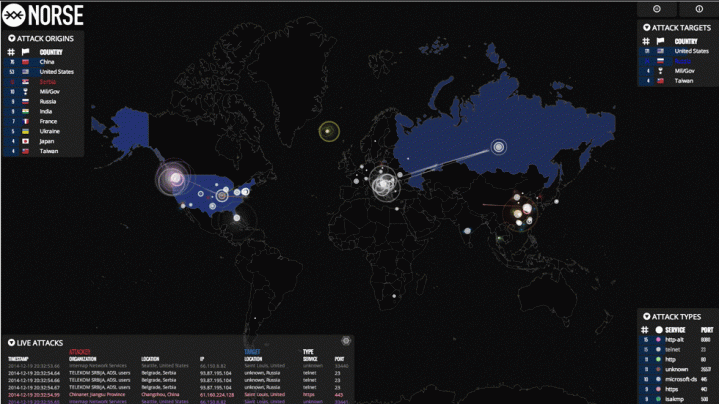
According to a new report, if there was a cyber attack on global firms, almost 73 per cent of them will fail to identify the threat and ward off any damage to their important data and high-value assets. An era where technology is evolving in leaps and bounds, hacking is no longer a rocket science and has become alarmingly common. Not only are the global firms grossly unprepared to tackle this menace, around 34 per cent, which is only one in every three major firms, have the technology to just monitor their resources for a cyber attack.
Accenture Security Index was developed after an extensive research with Oxford Economics after surveying 2,000 top firms worldwide with annual revenue of $1 billion or more. The index has been formulated after weighing in all the aspects of the threats and counter initiatives taken. It has formed a benchmark that measured these firms on 33 specific cyber security capabilities.
Merely 9 per cent of the 2,000 firms were capable of acing the scrutiny by being proficient in more than 25 of the 33 cyber security capabilities. According to this index, communication companies are more equipped than others to battle any cyber attacks. It also revealed that the Life Sciences organizations are the least prepared.
Accenture Security Managing Director Kelly Bissell said "While organizations have improved their security over the last few years, progress has not kept pace with the sophistication of highly motivated attackers. A new approach is clearly needed. One that protects the organization from the inside out and across the entire industry value chain—from the wellhead to the oil pump. And the start of this must be a new, more comprehensive definition of what constitutes cyber security success based on impact to the business."









